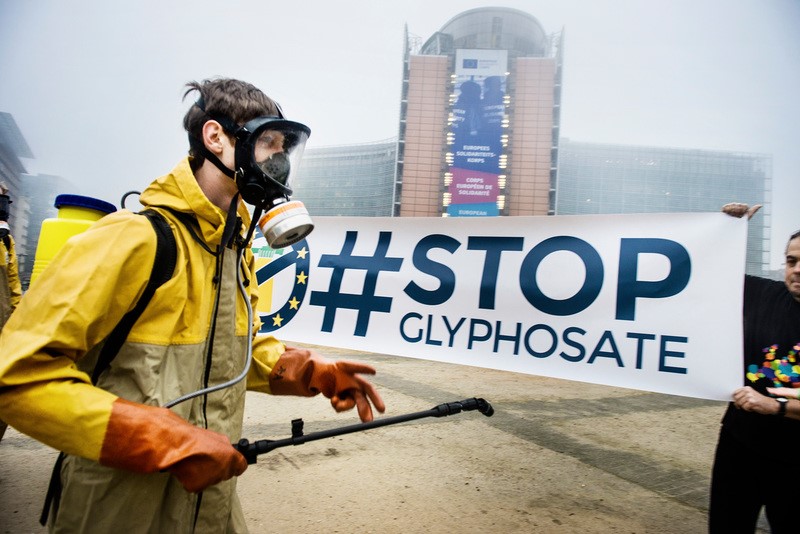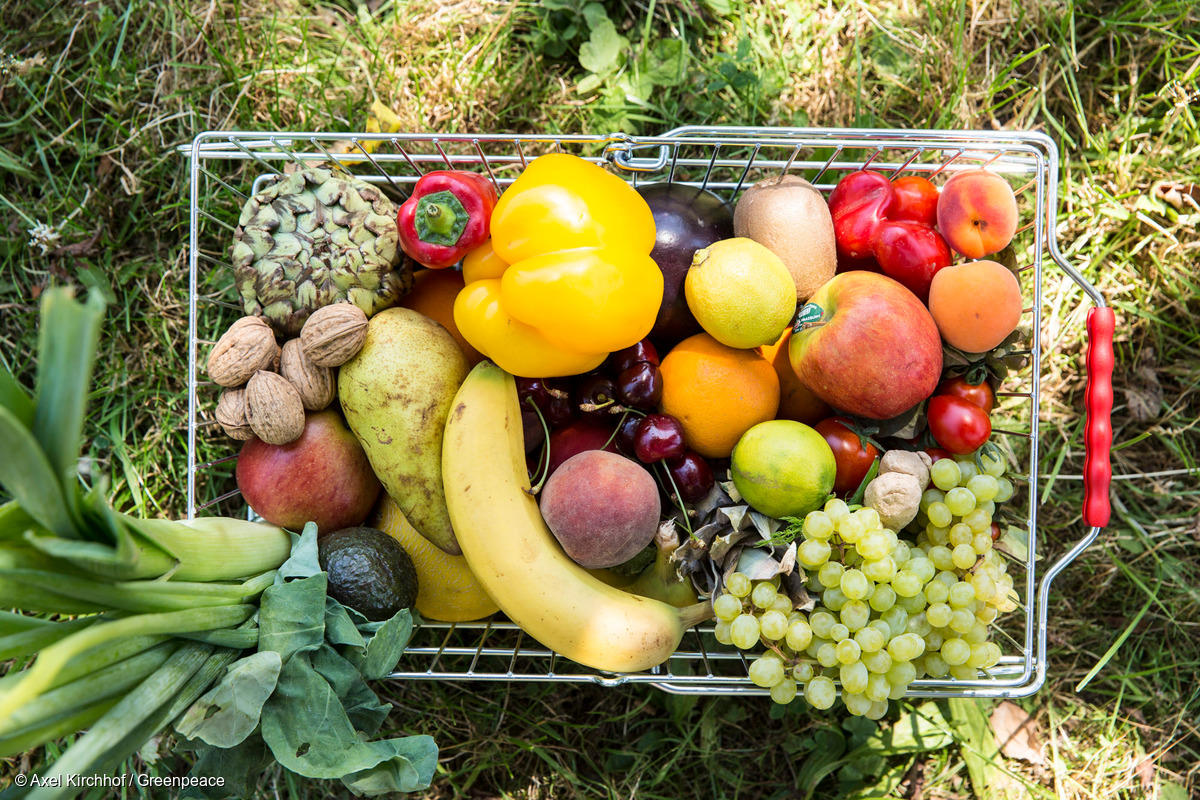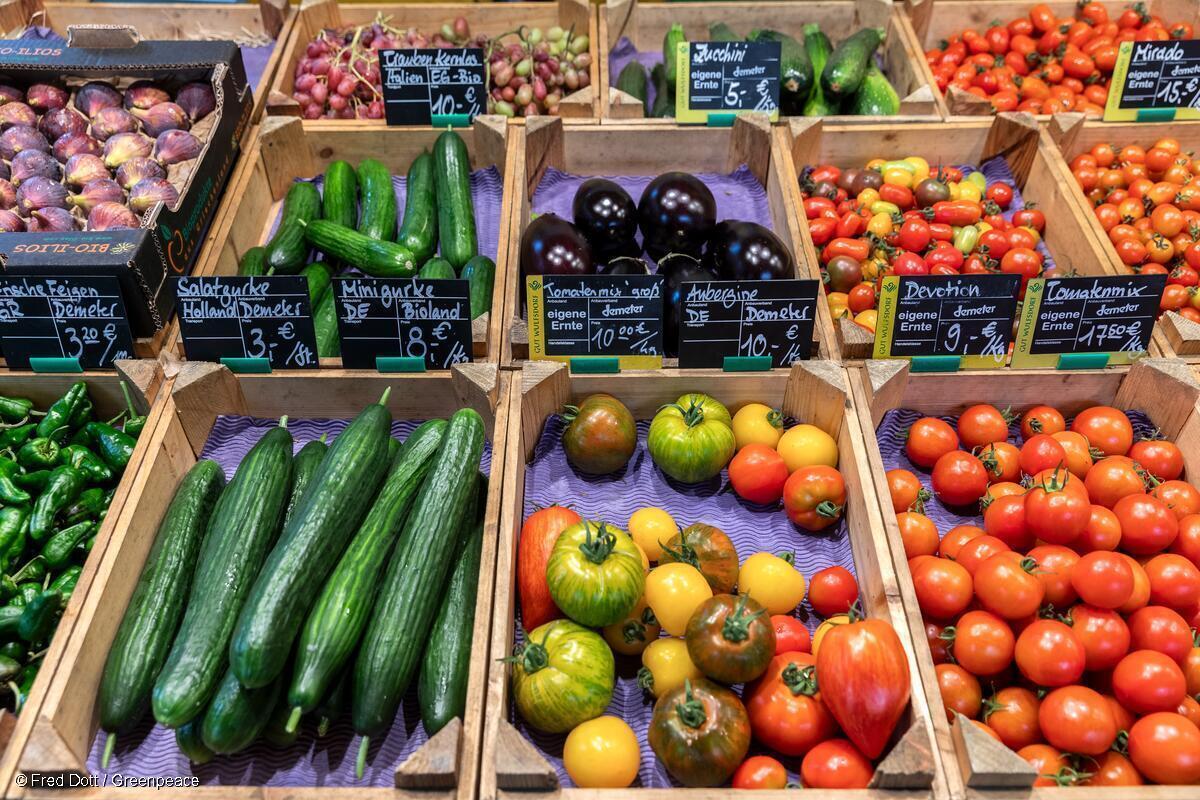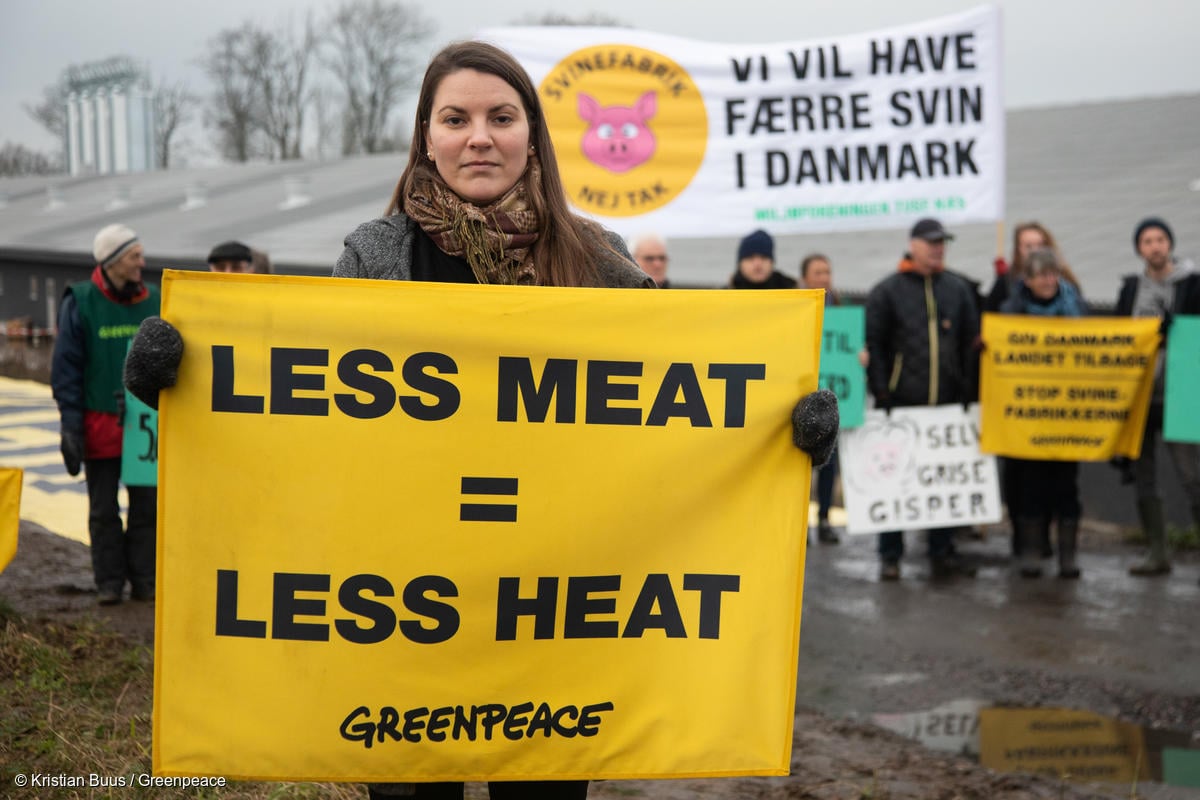Brussels – EU government representatives will meet on 12-13 October to discuss and vote on a European Commission proposal for a ten-year licence for controversial weedkiller glyphosate. There is growing scientific evidence that glyphosate may cause cancer and other health problems and could also be poisonous to bees. The European Commission wants to finalise the process before 15 December 2023, when the current licence expires. (1)

Greenpeace EU GMO and glyphosate campaigner Eva Corral said: “Glyphosate’s toxic effects are well known to scientists, and no political bargain to keep it on the market will make this chemical ‘safe’. Instead of giving in to industry pressure to keep glyphosate on the market, the EU Commission and European governments should end its use this year, focusing instead on developing sustainable, healthy and toxic-free European farming.”
The Commission’s proposal follows European Food Safety Authority (EFSA) conclusions on glyphosate, published in July. EFSA claims that its assessment is the most comprehensive pesticide assessment that the agency and EU countries have ever conducted, and the Commission has announced that, once the renewal is approved, it will take new scientific evidence into account and modify glyphosate’s approval if necessary.
According to scientists and civil society, EFSA and a previous assessment by the European Chemicals Agency (ECHA) have not taken into account recent studies that show negative health impacts, including associations between glyphosate and cancer. Scientists have also denounced that submitted industry studies on genotoxicity are not reliable. France has officially recognised the link between illness and prenatal exposure to glyphosate.
EFSA’s conclusions contain many data gaps and the risk assessment could not be finalised on some questions, such as negative effects on human reproduction. The agency also recognises a “high long-term risk to mammals in 12 out of 23 proposed uses of glyphosate”. Independent scientific studies also show adverse impacts of glyphosate on the environment, for example on bees.
Given glyphosate’s negative impacts on the environment and human health, a renewal of the licence would contravene the precautionary principle, the principle of prevention, and the principle of rectification of damage at the source. According to article 191 on the Treaty on the Functioning of the EU, EU environmental policy needs to be based on these principles.
Note to editors:
- The Standing Committee on Plants, Animals, Food and Feed (SCoPAFF) will meet on 12-13 October, with a vote on glyphosate expected on 13 October. On 5 October, the Commission published a revised reauthorisation proposal. However, Austria, Germany, France, Belgium and Luxembourg could either abstain or vote against the proposal, constituting a blocking minority. Should SCoPAFF fail to reach an agreement this week, the Commission could put the vote to the Appeal Committee. A less likely option is that the vote is postponed.
Contacts:
Eva Corral, Greenpeace EU GMO and glyphosate campaigner: +32 479 60 12 89, [email protected]
Greenpeace EU press desk: [email protected]
For breaking news and comment on EU affairs: www.twitter.com/GreenpeaceEU
Greenpeace is an independent global campaigning network that acts to change attitudes and behaviour, to protect and conserve the environment and to promote peace. We do not accept donations from governments, the EU, businesses or political parties. Greenpeace has over three million supporters, and 26 independent national and regional organisations with offices in more than 55 countries.
EU Transparency Register: 9832909575-41



